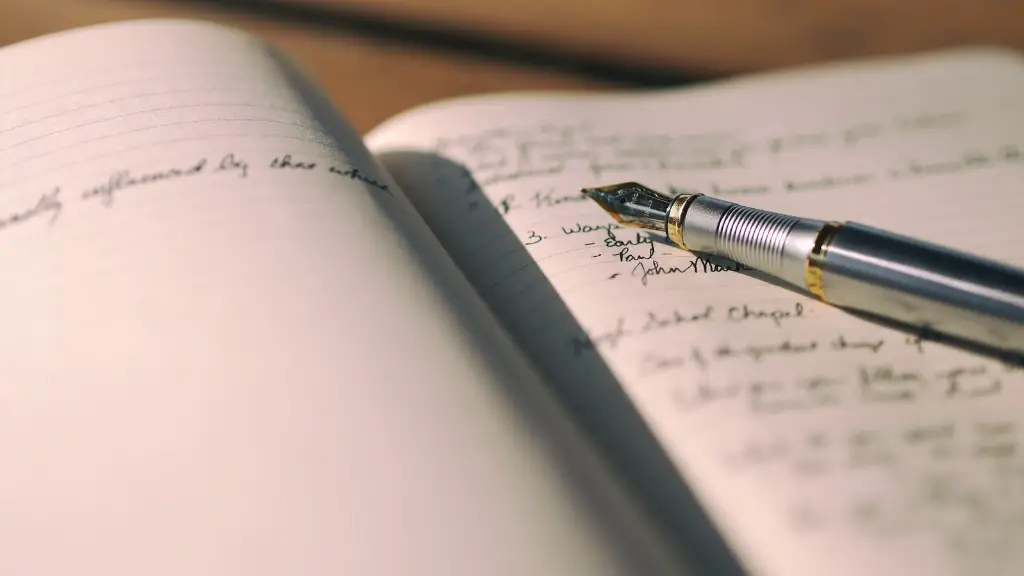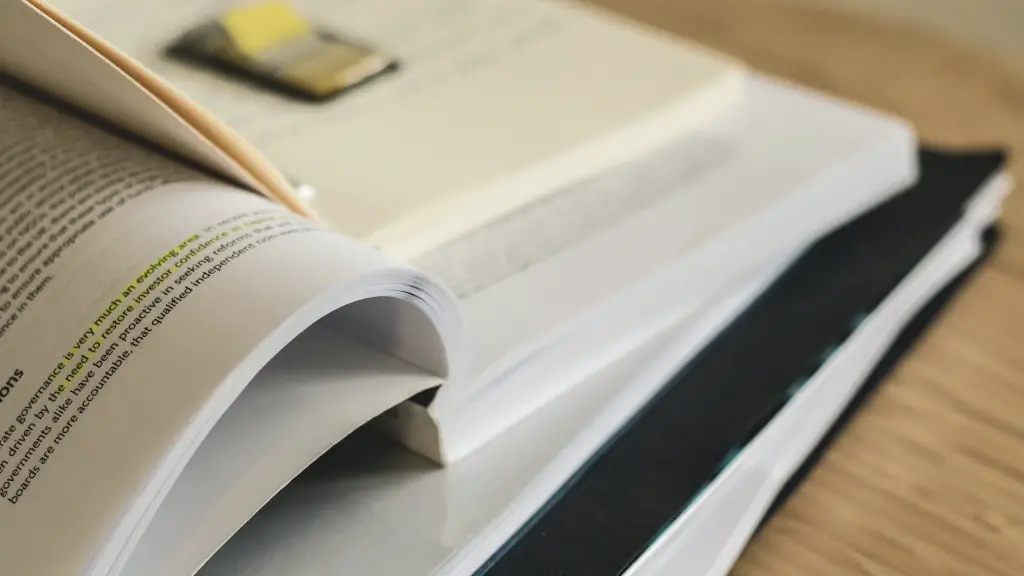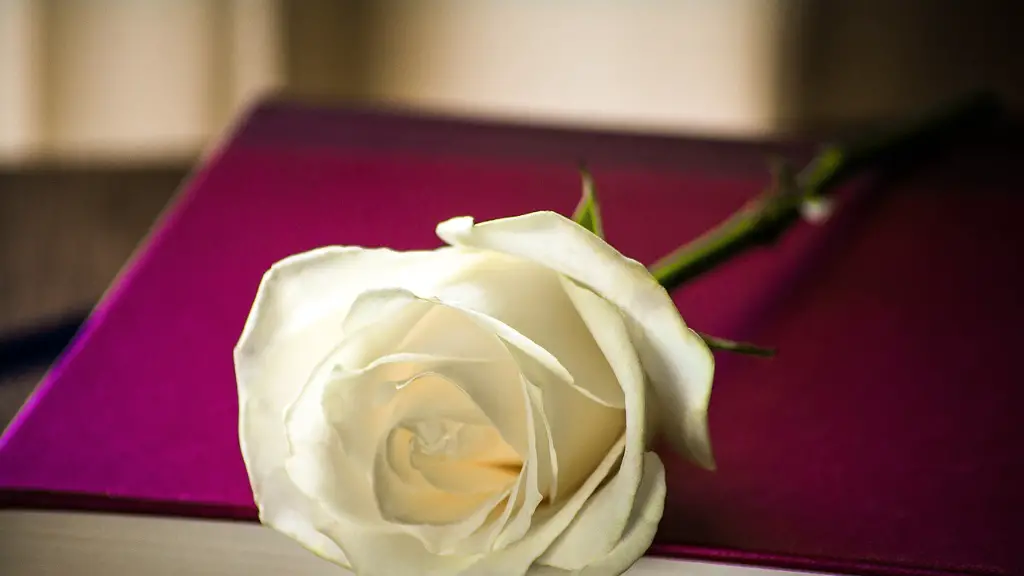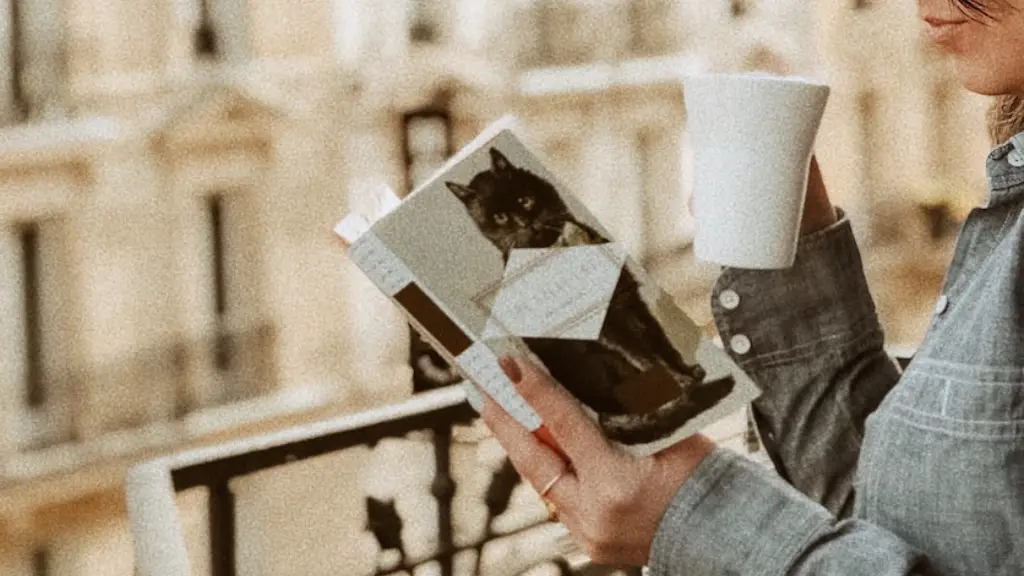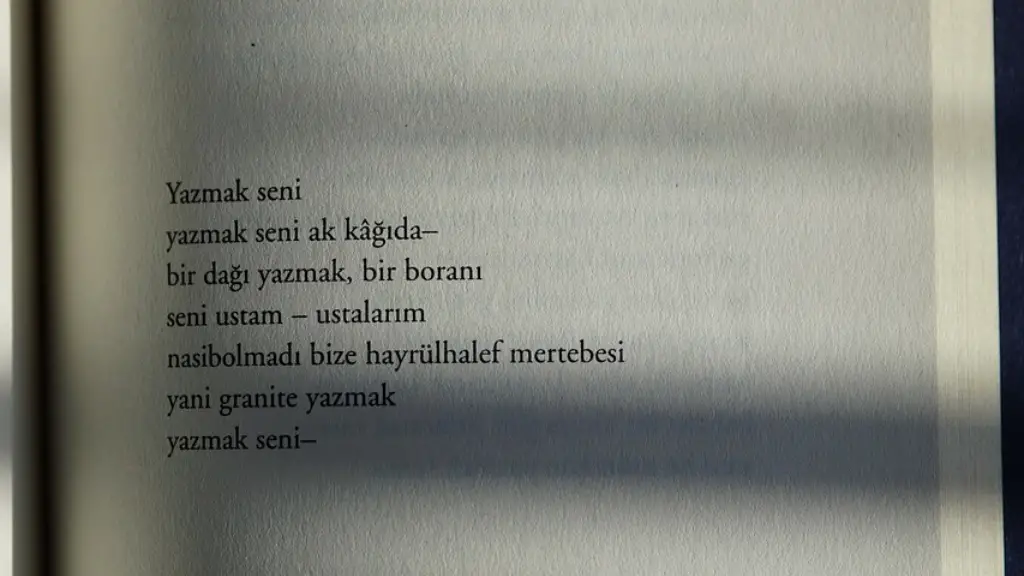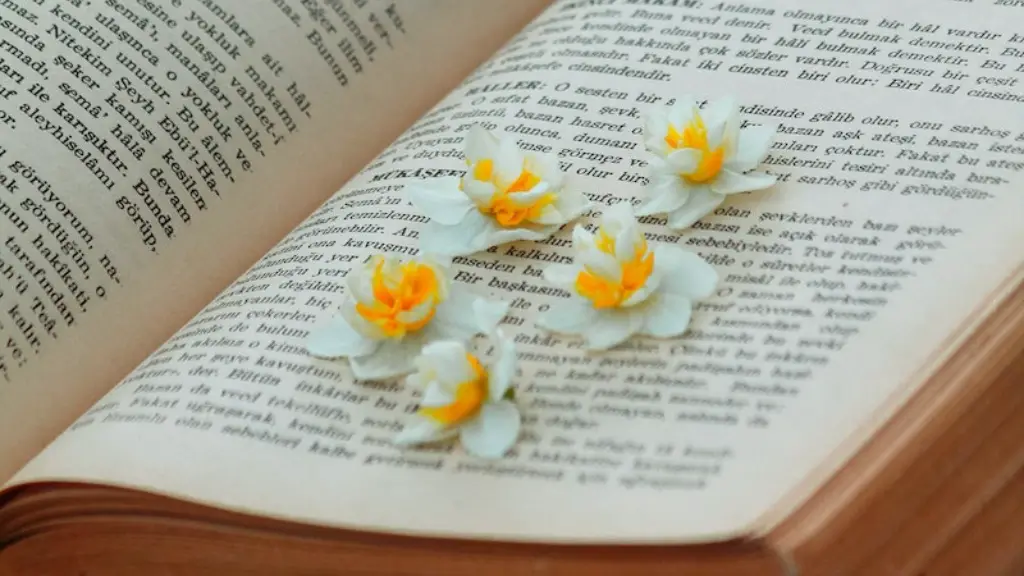Differing Definitions of Poetry
Poetry is a difficult medium to define. For many people, the term ‘poetry’ is synonymous with the written form, but others argue that there is an oral tradition involved in poetry as well. Further complicating matters is the fact that both ‘art’ and ‘literature’ have a wide range of definitions making it hard to decide whether poetry fits into either category, or both. In recent years, experts have been attempting to tackle these issues head-on.
According to the English dictionary, ‘art’ is defined as the expression or application of human creative skill, while ‘literature’ is the body of written works of a language, period or culture. However, these terms can also be applied to music, drama and other forms of creative expression, which makes the definition of poetry encompass a wide variety of forms. As such, many experts have argued that poetry belongs in both art and literature categories.
One of the more prominent arguments in favour of poetry being both art and literature is that it is an expressive form. Poetry allows writers to use language and creative forms of expression in a way that conveys feelings and emotions to the reader in a very powerful way. This argument contends that poetry is not just a written form, but an artistic and literary one, as well.
The idea of poetry being considered a form of both art and literature has been supported by a number of prominent figures in the arts and literary worlds. Writers such as Maya Angelou and T.S Eliot have all argued in favour of poetry being both art and literature. They have argued that poetry is a means of expression that can touch both the mind and heart of its reader.
In recent years, with the rise of digital technology and the internet, poets have even begun to use new and innovative ways to express their work. Social media has become an important platform for poets to showcase their work and engage with readers, while websites like YouTube have allowed poets to create videos of their work, bringing their words to life in a new and exciting way.
Some individuals have argued that, due to these new forms of expression, poetry is no longer just art or literature, but a combination of both. This view is that the technology and access to platforms for poets is democratizing the medium, making it more accessible to a wider audience.
Ultimately, the question of whether or not poetry is art or literature will continue to be debated for some time. However, it can be agreed that poetry is an expressive form of human expression and creativity that bridges the gap between art and literature.
The Role of the Poet
The role of the poet, be it a traditionally trained literary writer or a self-taught musician and lyricist, is to create something unique and meaningful. The poet will use the form of words, music, and sound to express emotion and opinion in a creative way. Whether it be an essay, poem or song, the poet has the unique ability to craft a unique connection between the reader and their art in order to communicate ideas and feeling in a meaningful way.
At a time when politics and popular culture dominate our lives, the poet is tasked with delivering a message of hope and understanding. Poems have sought to offer guidance, comfort and advice when those around them could not. This has long been the case and continues to be so in the 21st century.
The poet has often been seen as a truly original artist, capable of creating works that have a huge impact on society. The most famous poets in history, such as William Shakespeare, Percy Bysshe Shelley, Emily Dickinson and Robert Frost, are still held in reverence and are often considered to be some of the most influential writers of all time.
In recent years, there has been a proliferation of poetry in popular culture, particularly in the form of music and spoken word performance. There has been a resurgence in spoken word poetry in recent years, with performance-based pieces often gaining greater traction than their written counterparts. This form of poetry has given a platform to a range of artists, regardless of their educational background, and allowed them to communicate their personal stories and messages in a powerful way.
In this way, the poet is seen to be a key communicator and conveyor of emotion. Poetry is a unique means of expression, allowing the writer to communicate in a very personal, intimate way. For this reason, poets are able to build a connection between their work and the reader and deliver an emotional message more effectively than other forms of creative communication.
The Power of Poetry
The power of poetry lies in its ability to evoke emotion and understanding. Through the use of carefully chosen words, the poet is able to convey meaning in a way that words alone cannot. This is because poetry is not just about the literal meaning of words but about the way in which they are used and the emotional impact they can have on the reader or listener.
Poetry has the power to move people, to inspire and to bring joy. This is why it is often used in moments of celebration, such as weddings and graduations, or to express strong emotions when words alone just don’t seem enough. Furthermore, poetry has the power to unite and signpost the way to understanding and clarity, providing insight and helping to make sense of confusing and difficult situations.
For this reason, poetry is often used as a form of protest and as a way of expressing discontent. Poets have historically been at the forefront of movements and are frequently used to challenge the status quo and engage in social and political debate. Poetry is thus a powerful tool for expression and communication, allowing us to articulate ideas and emotions without fear of misinterpretation.
Poetry has the ability to touch the heart and mind, to connect us to others and to ourselves and to bring hope to difficult times. In this way, poetry is a form of communication that goes beyond words, providing a vehicle for self-expression and exploration.
Audience Reception and Interpretation
The audience reception of a poem is often determined by the context of the poem, the purpose for which it has been written and the skill of the poet. Poets must be aware of the potential for misinterpretation or confusion and must strive to ensure that their poems are received in the way that they are intended to be.
In addition to this, the poet must also be aware of the potential for their work to be seen in multiple ways by different audiences. This is one of the most fascinating aspects of poetry, and one of the key reasons why it has remained popular for centuries. It is also the reason why poetry can be interpreted in so many different ways, giving the audience the freedom to explore and discover its hidden meanings.
The audience reception of a poem has the potential to be both positive and negative. It is essential, therefore, that the poet remains aware at all times of the potential implications of the poem. A poem that is not created with sensitivity and thoughtfulness can result in offence or confusion which could ultimately be damaging to the reputation of the poet.
The interpretation of poetry is often subjective and can be a form of artistic expression as much as it is a means of communication. As such, poets must strive to ensure that their poems are succinct and direct so that their message can be understood by a wide range of audiences and interpretations.
The Future of Poetry
The future of poetry is inextricably linked to the increasing reach and accessibility of digital technology. While the traditional form of paper books and literature remains popular, many poets are exploring new formats for their work such as e-books, podcasts and apps.
The internet has allowed poets to reach a much wider audience and to break down barriers to access and communication. Social media platforms in particular have made it possible for poets to share their work with a much greater reach and to engage with readers in a much more intimate way.
In addition to this, technology has also allowed poets to explore ways to make their work more interactive. Poems can now be written in a variety of formats, such as games and virtual reality, allowing the audience to become more involved in the experience. This is a particularly exciting prospect for poets who wish to experiment and explore new forms of interaction.
In conclusion, literature and art are ever-evolving and constantly changing as technology and public reception of the mediums changes. Poetry, in particular, is an ever-shifting and very versatile form of creative expression, one that is capable of expressing emotion, opinion and story in a unique and powerful way.
